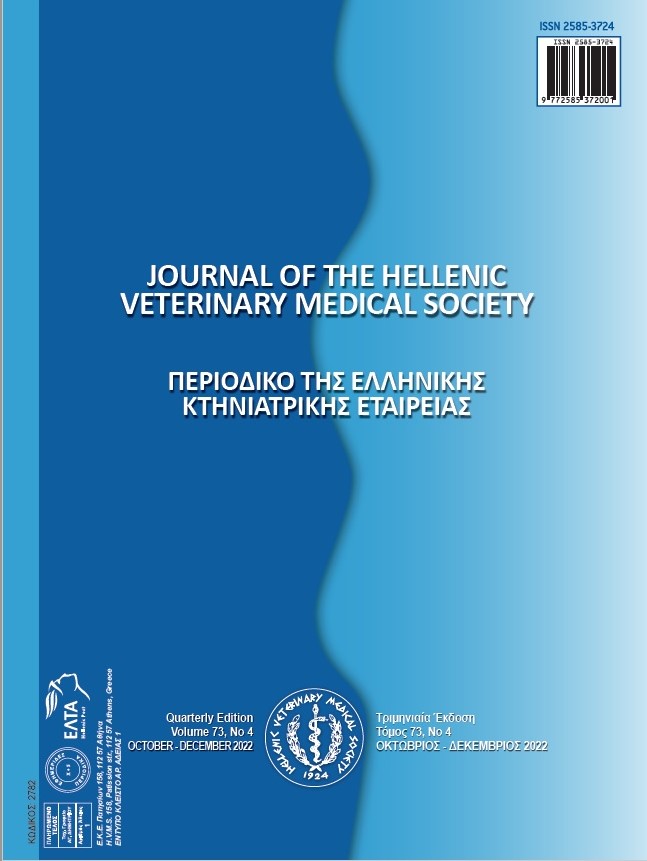Influences of dietary aspirin supplementation on growth performance, carcass characteristics and gastrointestinal organs of broilers

Abstract
This study was performed to investigate the effect of dietary aspirin (A) on some performance traits in broilers using a completely randomized design, 120 one-day-old male broiler chicks Ross 308, three levels of aspirin (0, 50, and 100 mg/kg), in 4 replicates, each including 10 chicks, during 42 days. The effects of different levels of aspirin, added to a basal diet, on performance, carcass characteristics, and digestive organs of chicks were investigated. Data analysis was performed by SAS statistical software and the comparison of the means with Duncan's test. The results showed that the chickens fed by a diet containing 100 mg/kg of aspirin had the highest feed intake and weight gain and the best feed conversion ratio compared to the other treatments. Also, the lowest production cost and the best European factor were related to treatment A100 (P<0.05). In addition, the use of the same level of aspirin resulted in a significant increase in some carcass properties and a decrease in ventricular fat compared to the control (P<0.05). So, based on the results of the present study, the use of 100 mg/kg aspirin in the diet of broilers is recommendable to improve some performance parameters.
Article Details
- Come citare
-
Tavakoli, M., Bouyeh, M., & Seidavi, A. (2023). Influences of dietary aspirin supplementation on growth performance, carcass characteristics and gastrointestinal organs of broilers. Journal of the Hellenic Veterinary Medical Society, 73(4), 5061–5066. https://doi.org/10.12681/jhvms.27696 (Original work published 27 gennaio 2023)
- Fascicolo
- V. 73 N. 4 (2022)
- Sezione
- Research Articles

Questo lavoro è fornito con la licenza Creative Commons Attribuzione - Non commerciale 4.0 Internazionale.
Authors who publish with this journal agree to the following terms:
· Authors retain copyright and grant the journal right of first publication with the work simultaneously licensed under a Creative Commons Attribution Non-Commercial License that allows others to share the work with an acknowledgement of the work's authorship and initial publication in this journal.
· Authors are able to enter into separate, additional contractual arrangements for the non-exclusive distribution of the journal's published version of the work (e.g. post it to an institutional repository or publish it in a book), with an acknowledgement of its initial publication in this journal.
· Authors are permitted and encouraged to post their work online (preferably in institutional repositories or on their website) prior to and during the submission process, as it can lead to productive exchanges, as well as earlier and greater citation of published work.


